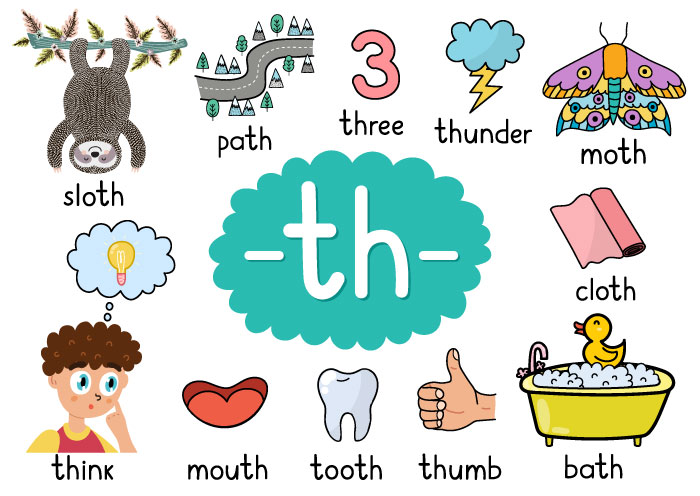Small Businesses Embrace the Power of AI: Turning Challenges into Opportunities for Marketing and Business Advancement

Dr. Jaganath Karki
The swift advancement of artificial intelligence (AI) has triggered both excitement and worry regarding its impact on various industries, including digital marketing. Many foresee AI as a tool that large corporations will leverage to automate content creation and analysis. However, the prospect of AI reaches far beyond the domain of big organizations. Small local businesses, often facing resource constraints and time limitations, can also exploit the innovative capabilities of AI to enhance their digital marketing efforts.
Digital marketing has become an essential part of small business survival. It has been an important cost and time-efficient tool for Small and Medium Enterprises (SMEs). However, it can be overwhelming for business owners to meet the ever-increasing demands of maintaining a dynamic online presence and engaging with tech-savvy customers across multiple channels. How can small business owners keep up with these demands in an area where they may not have expertise, as they are already facing various challenges such as inflation, the cost-of-living crisis, sustainability, and other issues? This is the key question today. Disregarding the debate of the terror of the AI wave, which is created by people with a firm mindset who fear embracing change, small businesses should be open to utilizing AI as a tool to empower and upgrade their business processes.
Using AI as a Digital Marketing Tool
AI offers a range of applications, but one of the most prevalent in marketing is generative AI. Large language models, such as ChatGPT, have been trained on extensive datasets, enabling them to understand, summarize, and generate new content. By leveraging AI, small businesses can quickly and effectively create content on any topic covered in the training data.
One of the primary applications of AI writing tools for small businesses is generating educational, informative, or helpful content for websites, blogs, and social media. Quality content remains vital for establishing online authority and distinguishing oneself from the competition. By providing well-structured prompts to AI, small businesses can obtain high-quality blog posts, how-to articles, FAQs, web pages, or social media posts that may only require minor tweaks and personalization.
However, it is crucial to review and edit AI-generated content for accuracy, uniqueness, and humanization. AI has occasional inaccuracies, and content must reflect the brand’s tone, include personal anecdotes, and link to relevant self-produced or curated content.
Enhancing Direct Customer Communications
Direct-to-consumer campaigns, such as emails or SMS messages, require time and effort to develop ideas and create content. AI can assist in both stages by providing topic suggestions and generating messaging. By structuring prompts with specific details, businesses can obtain accurate and effective responses tailored to their campaign goals.
Website Support and Chatbots: AI is integral to search engine optimization (SEO), as search engines like Google rely on AI algorithms. Small business owners can leverage AI to simplify keyword and content research, create page titles, meta descriptions, and optimize on-site content. AI is already embedded in paid ad platforms, providing recommendations and creating content based on past performance, benefiting advertisers of all sizes.
AI-powered chatbots can interact seamlessly with website visitors, providing precise information about products, services, and business practices. Training AI algorithms to understand and catalog website content allows for efficient customer interactions. When chatbots encounter queries they are not trained to answer, customers can seamlessly transition to other communication channels like SMS or email.
Future Possibilities:
The potential of AI extends beyond text-based content generation. Systems like DALL-E2 and Midjourney can generate photorealistic images based on plain language prompts, while video creation capabilities are on the horizon. Businesses can leverage AI to automate personalization and content optimization, delivering tailored content to the right audience at the right time.
Despite the time-saving benefits of AI in content creation, it should not be viewed as a complete replacement for human writers and editors. AI-generated content risks being repetitive if used verbatim by multiple creators. To meet audience and search engine expectations, businesses must build upon AI-generated content by infusing it with their unique voice, perspective, and anecdotal spin. Google’s focus on E-A-T principles emphasizes the importance of adding expertise, authoritativeness, and trustworthiness to AI-generated content.
Think before you implement:
AI-powered digital marketing provides significant opportunities for small businesses to enhance their online presence, create compelling content, improve customer experience, and generate leads. To fully harness the potential of this revolutionary technology, small businesses must understand their challenges, set measurable goals, develop strategies, and continuously monitor and optimize their performance. AI serves as a valuable virtual assistant, enabling small businesses to compete in the ever-evolving digital marketing landscape and thrive in the age of AI. Small businesses, in particular, should be aware of getting familiarized with AI tools and assessing the potential gains and losses from their use according to the nature of the business. The cost of adapting AI tools and training staff could be an initial investment. Similarly, the effects of changing the existing system from the adoption of AI tools should also be assessed carefully. It is always a good idea, to begin with research and a careful assessment of the diverse impacts of the new technology. The new wave of AI will sooner or later have an impact on businesses, so it is a good idea to be prepared in advance before being forced to adapt.
( The author is a Senior Lecturer in marketing and management at Bath Spa University in London and can be reached at jnkarki@gmail.com )



















Facebook Comments